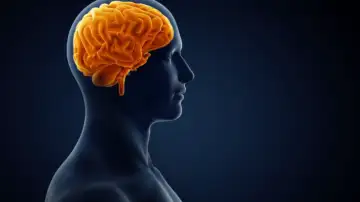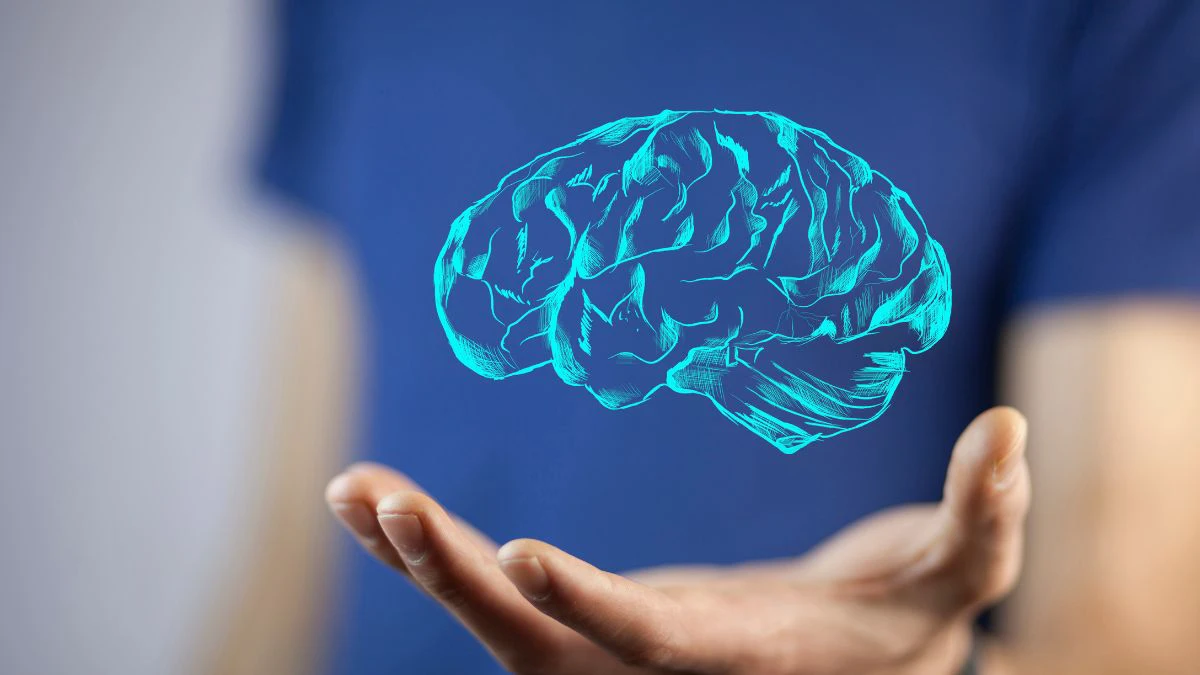World Brain Day 2025: World Brain Day 2025 is a powerful reminder of just how vital our brain is, not only as the command centre of the human body but also as the seat of our thoughts, emotions, creativity and identity.
Despite groundbreaking advances in neuroscience, misconceptions about how the brain works still thrive in everyday conversations, classroom teachings, and pop culture. From the idea that we only use 10 per cent of our brain to the belief that intelligence is fixed at birth, these myths can influence how we think about learning, ageing, and even recovery from injury.
These are five of the most common brain myths that continue to mislead millions. With a focus on science-backed facts and real-world examples, it is important to know why these misconceptions persist and how debunking them can empower us to take better care of our mental health, make smarter decisions and embrace the brain’s incredible capacity to learn and adapt. In conversation with the Daily Jagran, Dr. V. Brahma Prasad – Sr. Consultant Neurosurgeon, Apollo Hospitals, Secunderabad,debunks five common myths about brain.
Myth 1: We Only Use 10 Per Cent Of Our Brain
Fact: This widely circulated myth suggests that 90 Per Cent of the brain lies dormant, just waiting to be unlocked for superhuman intelligence or psychic powers. In reality, brain imaging technology like fMRI and PET scans shows that virtually every part of the brain is active at different times-even when we’re asleep.
Each region of the brain has a specific role, and even the most minor activities (like picking up a pen or recalling a memory) engage multiple brain areas. The idea that we only use 10% is not just inaccurate-it underestimates the brain’s complexity and efficiency.
Myth 2: Left-Brained People Are Logical, Right-Brained People Are Creative
Fact: While certain brain functions are more dominant in one hemisphere (like language in the left, and spatial ability in the right), people do not operate solely with one half of their brain. Both hemispheres are constantly communicating through a bundle of nerve fibres called the corpus callosum.
Creativity, logic, emotion, and reasoning are the result of whole-brain activity. The notion of being “left-brained” or “right-brained” is more of a metaphor than a neurological reality-and believing otherwise may limit how people perceive their own potential.
Myth 3: Brain Damage Is Always Permanent
Fact: While brain injuries can be serious, the brain is remarkably adaptable-a quality known as neuroplasticity. This means it can rewire itself by forming new neural connections to compensate for lost functions. Stroke patients relearning how to speak or walk, and children recovering from traumatic brain injuries, are living proof of this adaptability.
Modern rehabilitation methods, therapy, and mental training can help the brain “bounce back” in many cases. The extent of recovery depends on the injury and timing, but “permanent damage” is not always a foregone conclusion.
Myth 4: Drinking Alcohol Kills Brain Cells
Fact: Moderate alcohol consumption does not kill brain cells outright. What it does affect is the way neurons communicate with each other, especially in areas responsible for judgment, coordination, and memory. Heavy or chronic alcohol use, however, can cause long-term changes to brain structure and impair function, especially in adolescents whose brains are still developing.
So while your brain cells aren’t dropping dead after a glass of wine, excessive drinking can have cumulative neurological effects over time.

Brain Myths Debunked (Image Credits: Canva)
Myth 5: You’re Either “Smart” or You’re Not-Intelligence Is Fixed
Fact: Intelligence is not a fixed trait you’re born with. Decades of research in psychology and neuroscience support the idea of a “growth mindset,” where intelligence can develop through effort, strategy, and learning. The brain’s plasticity means it can grow and change at any age, especially when challenged with new information or experiences.
Believing intelligence is static can hinder learning and motivation. By contrast, those who understand their brains can grow are more likely to embrace challenges and persist in the face of setbacks.
Understanding how the brain really works can empower us to make better decisions about learning, health, and personal growth. Myths like the ones above may seem harmless, but they shape how we treat ourselves and others. As neuroscience continues to evolve, so should our understanding-moving beyond pop culture clichés to embrace a more informed, dynamic view of the human mind.
So the next time someone claims they’re “just not a math person” because of their brain, you’ll know better. The truth is: the brain is constantly learning, adapting, and surprising us-if we let it.
